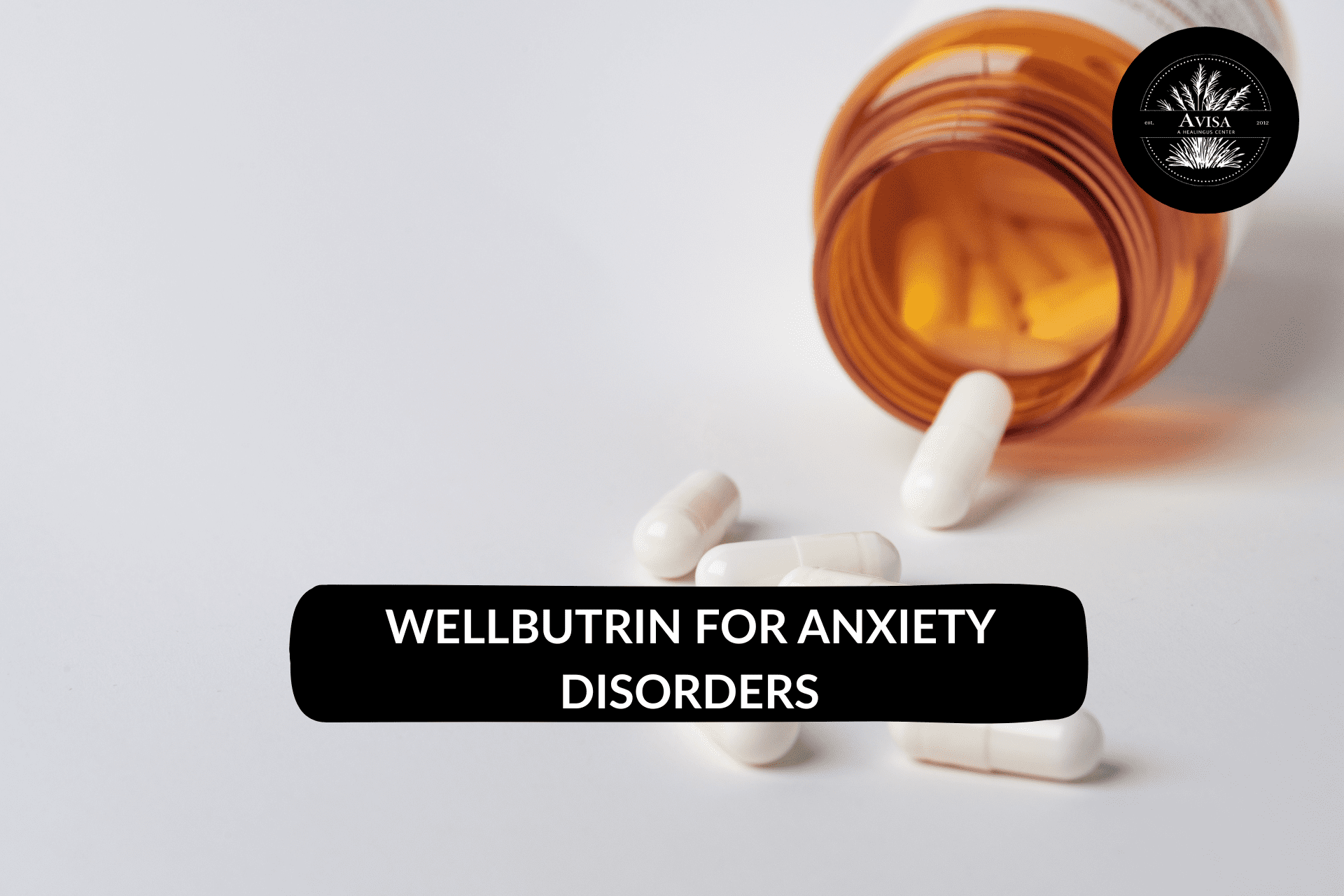Research has not definitively determined whether ecstasy is addictive, although it affects many of the same neurotransmitter systems in the brain targeted by other addictive drugs. Experiments have demonstrated that animals will self-administer MDMA, an important indicator of a drug’s addictive potential—although the degree of self-administration is lower than with some other addictive drugs, such as cocaine.
Data from both humans and animals suggest that regular MDMA use induces adaptations in the serotonin and dopamine systems associated with substance use disorder and related behaviors, such as increased impulsivity. Few studies have attempted to assess MDMA addiction or dependency among people with a history of use in the general population. Studies that have been conducted have yielded widely varying results, likely due to different population samples and measures used. Some individuals who use MDMA do report symptoms of addiction, including continued use despite negative physical or psychological consequences, tolerance, withdrawal, and craving.
Misconceptions about Ecstasy, is ecstasy addictive?
Addressing common misconceptions about ecstasy use
- Safety Misconceptions: Despite its reputation as a recreational drug, ecstasy poses significant risks that are often underestimated or overlooked. Contrary to common misconceptions, its use can lead to severe adverse effects, including dehydration, hyperthermia, and even death.
- Benign Nature: Some individuals perceive ecstasy as a harmless substance due to its associations with euphoria and increased sociability. However, this misconception ignores the potential for long-term harm, including neurotoxicity and addiction.
- Misunderstanding of Effects: Misconceptions also exist regarding the short-term and long-term effects of ecstasy. While users may initially experience feelings of euphoria and empathy, these effects can be accompanied by negative outcomes such as anxiety, depression, and cognitive impairments.
Clarifying misunderstandings, is ecstasy addictive?
- Psychological Dependency: Contrary to popular belief, ecstasy can lead to psychological dependence, characterized by cravings and compulsive drug-seeking behavior. Although it may not produce physical withdrawal symptoms as prominently as other substances, users can still experience significant psychological distress when attempting to quit.
- Physical Addiction Potential: While ecstasy may not induce physical dependence in the same way as opioids or benzodiazepines, research suggests that it can still lead to adaptations in the brain’s neurotransmitter systems associated with addiction. This can result in cravings and a cycle of compulsive drug use despite adverse consequences.
- Research Insights: Examining findings from both animal and human studies provides valuable insights into the addictive properties of ecstasy. Self-administration experiments in animals indicate the drug’s reinforcing effects, while studies in humans highlight the presence of addiction-related behaviors, such as continued use despite negative consequences.
By addressing these misconceptions and clarifying misunderstandings, we can better understand if ecstasy is addictive and develop more effective strategies for prevention and treatment.
Is Ecstasy Addictive?
Definition of addiction and its components
Addiction is a complex and chronic brain disorder characterized by compulsive drug-seeking behavior despite harmful consequences. It encompasses several components, including
- Compulsion: The overwhelming urge to use drugs, even in the face of negative consequences.
- Loss of Control: Inability to regulate drug intake, leading to escalating use over time.
- Craving: Intense desire or craving for the drug, often driving continued use.
- Negative Consequences: Despite adverse outcomes, such as health problems, relationship issues, or legal troubles, individuals continue to use drugs.
Explanation of how addiction develops
Addiction develops through a combination of genetic, environmental, and psychological factors. Exposure to drugs alters the brain’s reward system, leading to changes in neurotransmitter function and circuitry. Over time, these changes can lead to tolerance, where higher doses of the drug are required to achieve the same effects, and dependence, characterized by withdrawal symptoms when drug use is reduced or stopped. Continued drug use reinforces these neural pathways, leading to compulsive drug-seeking behavior and addiction.
Signs and Symptoms of Ecstasy Addiction
Description of common signs and symptoms
- Increased Tolerance: Over time, individuals may require higher doses of ecstasy to achieve the desired effects, indicating a tolerance build-up.
- Preoccupation: Those addicted to ecstasy often spend a significant amount of time thinking about obtaining and using the drug, which may lead to neglect of personal and professional responsibilities.
- Social Withdrawal: Addicts may withdraw from social activities and isolate themselves from friends and family to hide their drug use or due to the drug’s effects on mood and behavior.
- Physical and Psychological Symptoms: These may include insomnia, anxiety, depression, and mood swings, as well as physical symptoms like rapid heartbeat, dilated pupils, and muscle tension.
- Continued Use Despite Consequences: Despite experiencing negative consequences such as relationship problems, financial difficulties, or health issues, individuals may continue to use ecstasy compulsively.
Discussion on how to recognize potential addiction
- Monitoring Changes: Paying attention to changes in behavior, mood swings, and physical appearance can help identify potential addiction to ecstasy.
- Noticing Patterns: Observing patterns of compulsive drug use, such as using ecstasy in escalating doses or more frequently, can indicate addiction.
- Seeking Professional Help: If concerned about addiction, individuals or their loved ones should seek professional help from addiction specialists or healthcare providers for an accurate diagnosis and appropriate treatment plan.
Treatment Options for Ecstasy Addiction
Overview of available treatment modalities
- Behavioral Therapies: Cognitive-behavioral therapy (CBT) and contingency management are commonly used behavioral therapies for treating ecstasy addiction. These therapies aim to modify negative thought patterns, develop coping skills, and reinforce positive behaviors.
- Support Groups: Participation in support groups such as Narcotics Anonymous (NA) can provide individuals with peer support, encouragement, and accountability throughout their recovery journey.
- Medications: While there are no specific medications approved for treating ecstasy addiction, certain medications may be used to manage withdrawal symptoms or co-occurring mental health conditions. These may include antidepressants, anti-anxiety medications, or medications to address sleep disturbances.
It’s important to note that treatment approaches should be tailored to individual needs and may involve a combination of therapies for optimal effectiveness. Additionally, ongoing support and monitoring are essential components of long-term recovery from ecstasy addiction.
Prevention and Harm Reduction Strategies
Discussion on strategies to prevent ecstasy addiction
- Education and Awareness: Providing accurate information about the risks and consequences of ecstasy use can help prevent addiction. This includes educating individuals about the potential for addiction, as well as the physical and psychological effects of ecstasy.
- Early Intervention: Identifying and addressing risk factors for drug use, such as peer pressure or mental health issues, can help prevent the development of addiction. Early intervention programs aimed at at-risk individuals may include counseling, support groups, or community outreach initiatives.
- Promotion of Healthy Coping Mechanisms: Encouraging the development of healthy coping mechanisms, such as exercise, mindfulness, or creative outlets, can help individuals manage stress and avoid turning to drugs like ecstasy as a coping mechanism.
Explanation of harm reduction approaches for safer use
- Drug Testing and Purity Checking: Providing access to drug testing kits or services that allow individuals to test the purity and potency of ecstasy can help reduce the risk of accidental overdose or exposure to harmful substances.
- Dose Regulation: Encouraging individuals to start with low doses of ecstasy and avoid mixing drugs or alcohol can help reduce the risk of adverse effects and addiction.
- Hydration and Rest: Educating individuals about the importance of staying hydrated and getting adequate rest while using ecstasy can help prevent dehydration, overheating, and other physical health complications.
- Peer Support and Supervision: Encouraging individuals to use ecstasy in safe and supervised environments, with trusted friends or peers who can provide support and assistance if needed, can help reduce the risk of negative outcomes.
By implementing these prevention and harm reduction strategies, individuals can make informed choices about ecstasy use and reduce the potential for addiction and harm.
Conclusion
In conclusion, the addictiveness of ecstasy (MDMA) remains a subject of ongoing research and debate. While evidence suggests that ecstasy can lead to psychological dependency and induce adaptations in the brain’s neurotransmitter systems associated with addiction, the extent of its addictive potential varies among individuals. Common misconceptions about ecstasy, including its perceived safety and benign nature, underscore the importance of education and awareness in preventing addiction.
By fostering a culture of education, support, and harm reduction, we can empower individuals to make safer choices and seek help when needed. Join Avisa; we can work towards a future where addiction to ecstasy is better understood, prevented, and treated, promoting health and well-being for all.











